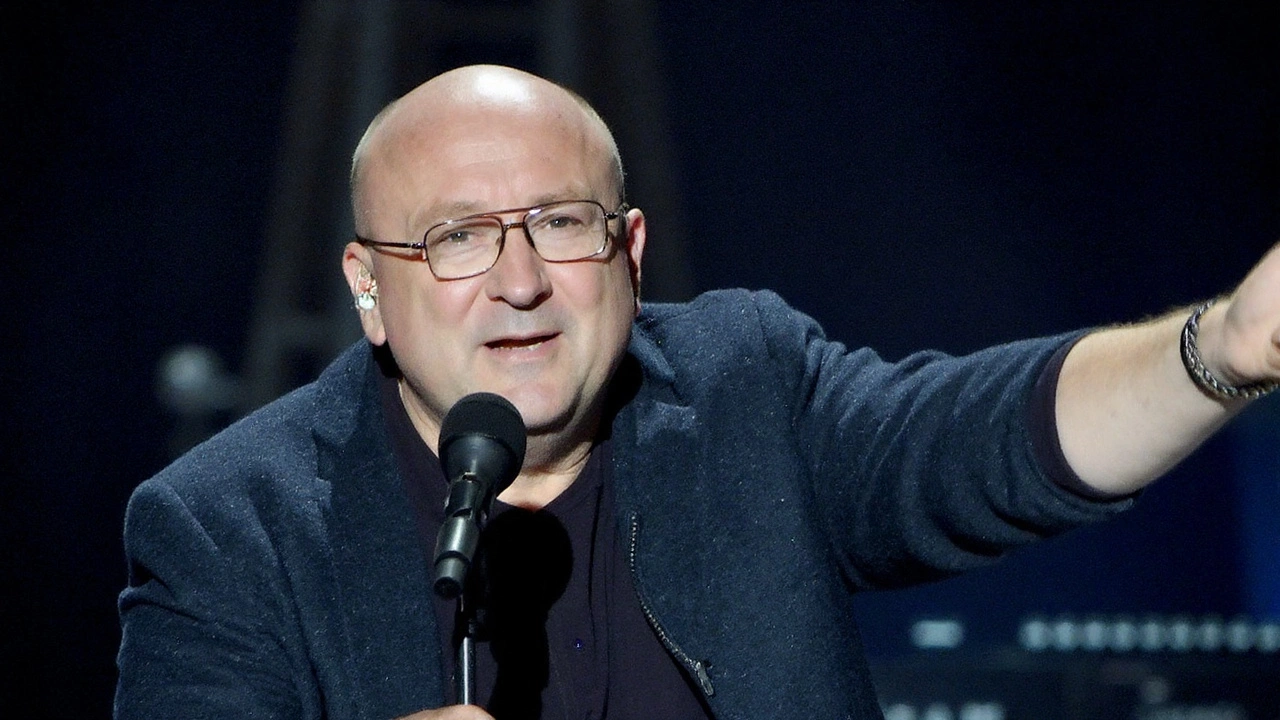Health Rumors: Facts, Myths, and the Latest Updates
Every day we hear a new claim about a health risk or a breakthrough cure. Some of them turn out to be real, most are just hype. The trick is to separate the solid info from the noise before you panic or share it online.
In the next few minutes you’ll get a quick rundown of the biggest health rumors floating around right now, why they matter, and what you can actually do about them. No jargon, just straight‑forward advice you can use today.
Vaccine News: What’s True?
One of the hottest topics this spring is the chickenpox vaccine becoming free on the NHS. Starting in January 2025, the combined MMRV jab will be offered to all babies at 12 and 18 months. Health officials say the jab cuts chickenpox cases by more than 90% and also reduces hospital stays.
That sounds great, but a few social media posts claim the vaccine isn’t safe or that it’s being pushed to make profits. The truth is the vaccine has been used in other countries for years and the UK’s Medicines and Healthcare products Regulatory Agency has approved it after rigorous testing. Side effects are usually mild – a sore arm or a low‑grade fever that goes away in a day.
If you’re a parent, the best move is to talk to your GP. They can answer any lingering questions and set up the appointment. Getting vaccinated now means your child avoids the itchy rash, missed school, and the rare but serious complications that chickenpox can cause.
Heatwave Health Tips
The Met Office just warned that the UK could see temperatures hitting 34°C in the south this weekend. Heatwaves are more than just uncomfortable – they raise the risk of dehydration, heatstroke, and heart problems, especially for the elderly and young kids.
There’s a rumor circulating that drinking alcohol helps you stay cool. In reality, alcohol dehydrates you and can make heat‑related illnesses worse. Stay hydrated with water, sports drinks, or even diluted fruit juice. Keep a bottle with you and sip regularly, even if you don’t feel thirsty.
Practical steps: stay indoors during the hottest part of the day, use fans or air‑conditioning if you have it, and wear loose, light‑coloured clothing. If you must be outside, take breaks in the shade and apply sunscreen. Check on neighbours who live alone – a quick knock can save a life.
By watching out for these common myths and following simple, proven advice, you can keep yourself and your loved ones safe. Remember, if a claim sounds too dramatic or promises a miracle cure, it probably isn’t true. Stick to trusted sources like the NHS, Public Health England, or your doctor, and you’ll stay ahead of the rumor mill.

Phil Collins Hospitalized for Knee Surgery, Not Hospice Care, Says Representative
Phil Collins is not in hospice care, contrary to rumors sparked by his recent hospitalization. A representative confirmed Collins was hospitalized for knee surgery. The musician has dealt with serious health issues since a 2007 spinal injury and spoke openly about his declining health in his documentary and recent interviews.
View more